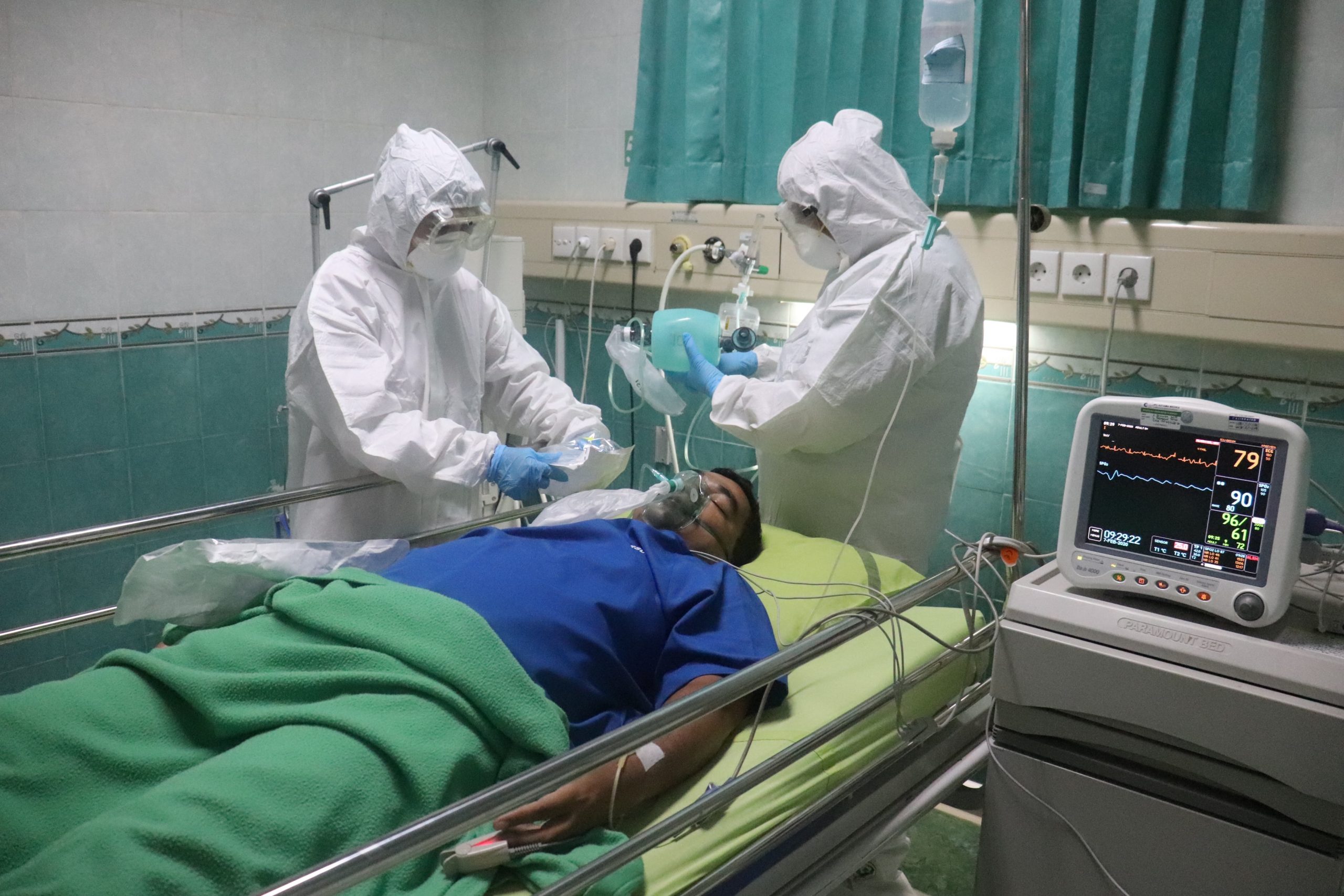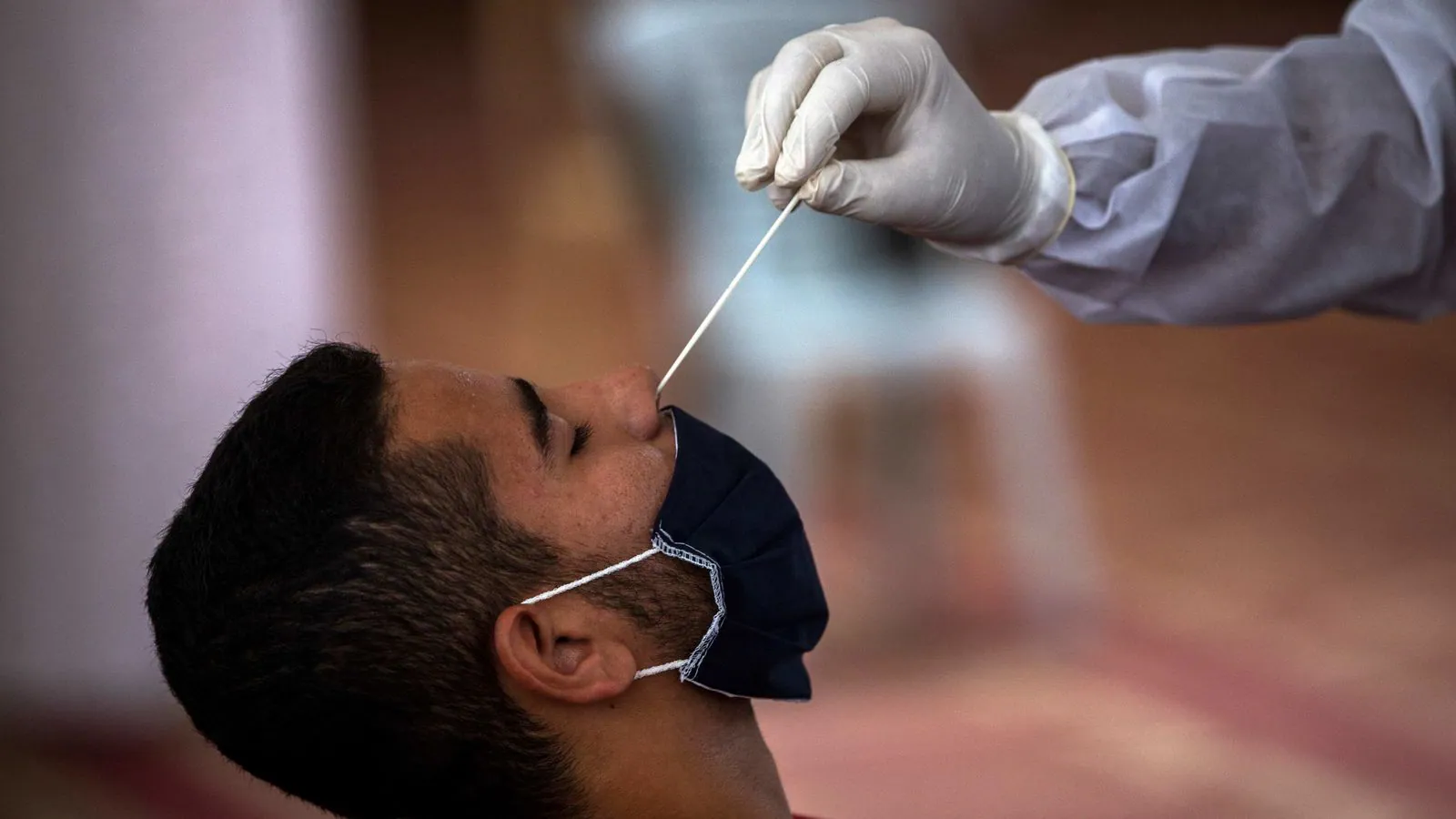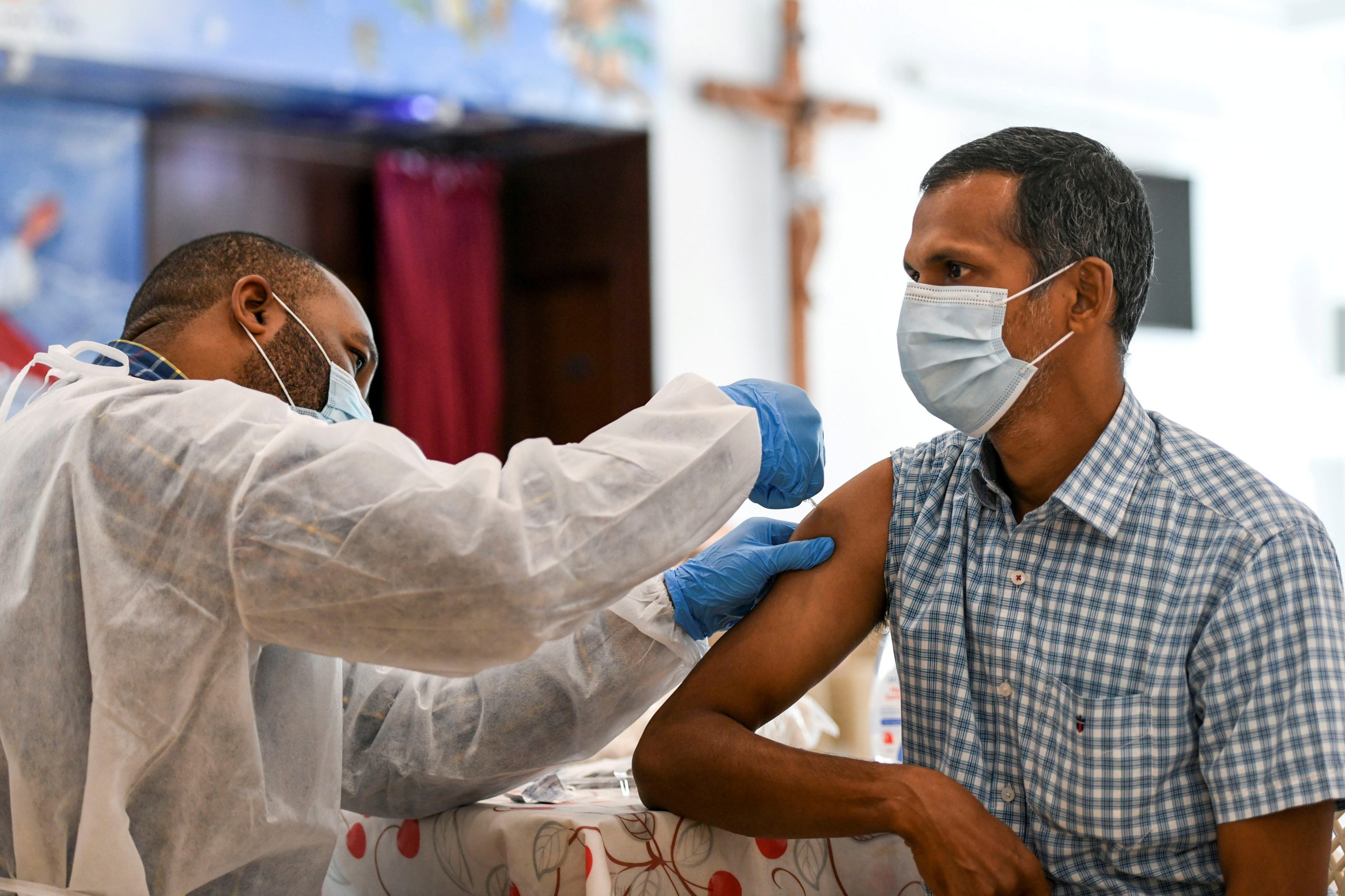What are colds?
A cold is a viral infection that affects the nose, the throat and upper airways.
Colds are very common. Children may get between 5 and 10 colds a year, while adults may get 2 to 4 colds each year.
What are the symptoms of a cold?
The symptoms of a cold can be mild or they can be moderately severe.
Symptoms of a cold may include:
- fever (a temperature of 38°C or higher)
- sneezing
- blocked or runny nose
- cough
- sore throat
When should I see my doctor?
Colds and flu can make other conditions worse, including conditions such as asthma or diabetes. See your doctor if you have cold or flu-like symptoms and one or more of the following apply:
- you can’t or won’t drink fluids
- you vomit frequently and/or are unable to drink fluids
- you have an intense headache
- you are pale and feel sleepy
- you have chest pain
- your symptoms have lasted longer than 10 days
- you have breathing difficulties
- you have a rash with fever
- you are worried
See your doctor if your child has cold and flu symptoms and:
- they have a chronic medical condition
- they show warning signs of severe illness, including poor feeding, dehydration and difficulty breathing
What causes colds?
More than 200 types of viruses can cause a cold. Those most responsible belong to 1 of 2 groups:
- rhinoviruses
- coronaviruses
Because several viruses can cause a cold, it’s possible to have several colds, one after the other, because a different virus causes each one.
The viruses that cause a cold affect the lining of the nose and throat causing symptoms such as sore throat, runny nose and sneezing.
How is a cold diagnosed?
If you are generally healthy, you probably won’t need to see a doctor to have a cold diagnosed. A healthy immune system will fight the infection and symptoms will usually clear up in 7-10 days without any treatment.
See your doctor if you, or your child, has cold or flu-like symptoms and one or more of the following apply:
- you have asthma, type 1 or type 2 diabetes, heart disease or another long-term medical condition
- you have a fever (a temperature of 38°C or higher) and are feeling unwell (e.g. a you have a painful headache or stomach pain)
- you are vomiting
- you are experiencing shortness of breath, noisy or fast breathing
- you have neck stiffness
- you are sensitive to light
- you have chest pain
- you have a persistent cough
- your muscles ache
- you are experiencing marked tiredness and a lack of energy, or you are not drinking fluids
See Fever in children and Symptoms of serious illness in babies and children for more information.
How are colds treated?
Colds and flu are treated the same way. In most cases you can treat the symptoms of a mild cold or flu yourself. Most people will get better by themselves within 7-10 days without any treatment.
Some things you can do to relieve cold or flu symptoms include:
- getting plenty of rest
- drinking plenty of water and other non-alcoholic fluids to prevent dehydration
- keeping warm
- eating a healthy diet with plenty of fruit and vegetables
- avoiding exposure to cigarette smoke if possible
- inhaling steam from a hot bath or shower in a closed room to help relieve a blocked nose – remember to always directly supervise children near hot water
If you have a sore throat, try:
- gargling with warm salty water
- sucking on an ice cube, ice block or a throat lozenge
- drinking hot water with honey and freshly squeezed lemon juice
There are also several medicines available to ease cold and flu symptoms.
Antibiotics do not treat a cold. This is because they only treat illnesses caused by bacteria, while colds and flu are caused by viruses. However, you can buy medicines from the pharmacy that help with pain and fever.
Can colds be prevented?
Good hygiene is one of the most important ways to help prevent colds and flu. You can ensure good hygiene by:
- washing your hands regularly and properly with soap and water, particularly after touching your nose or mouth, after using the toilet, and before handling food
- sneezing and coughing into your elbow or a tissue (then throwing the tissue away immediately and washing your hands)
- cleaning surfaces such as your computer keyboard, telephone and door handles regularly to get rid of germs
- not sharing cups, plates and cutlery
- where you can, avoiding sharing towels with other people and throwing disposable tissues and paper towels in the bin immediately after using them
Resources and support
If you are feeling concerned about any symptoms of a cold or flu then see your doctor. If you would like to speak to a registered agent, call Zenith Care on (+44) 203 865-3998, 24 hours a day, 7 days a week.




